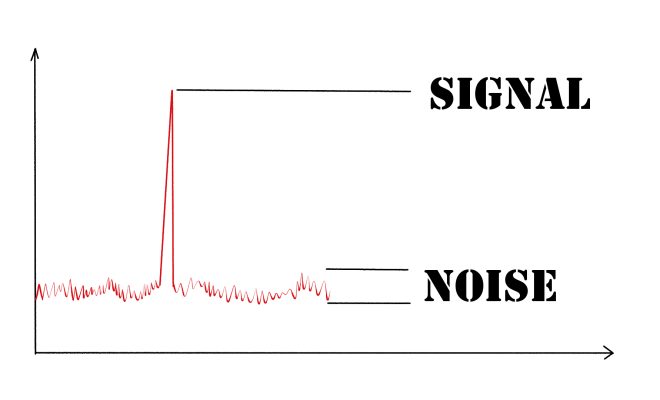What Is Signal-to-Noise Ratio and Why Does It Matter?

Signal-to-noise ratio (SNR) is a critical concept in the world of electronics and telecommunications. It measures the strength of the desired signal relative to the background noise, and is used as a metric for evaluating the quality and integrity of various forms of electronic communication.
In essence, SNR refers to the difference between the level of the desired signal that a receiver is trying to receive, and the level of the background noise and interference that may be present in the same signal. The SNR can be expressed in decibels (dB), which is a logarithmic unit that provides a measure of the ratio between the two signals.
So why does SNR matter? Simply put, a high SNR is critical for accurate and reliable communication. When the desired signal is weak (i.e. has a low SNR), it can become overwhelmed by noise and interference, resulting in errors, data loss, or poor performance. In contrast, a strong signal with high SNR is less vulnerable to noise and interference, and can ensure more reliable and accurate communication.
To illustrate this concept, consider a typical example of a telephone conversation: if the background noise is too loud, you may not be able to hear the other person’s voice clearly or at all. The same principle applies to electronic communication, such as wireless or digital signals, which can be affected by various forms of noise and interference.
In addition to affecting the quality of communication, SNR can also impact other aspects of electronic systems, such as power consumption, bandwidth usage, and system complexity. For example, a system with high SNR may require less power to transmit or receive signals, while a system with low SNR may need to consume more power to compensate for weak signals and noise.
Overall, signal-to-noise ratio is a critical concept for understanding and evaluating the quality and reliability of electronic communication. By measuring the strength of the desired signal relative to the background noise and interference, SNR provides a valuable metric for engineers, technicians, and users who rely on electronic systems for various applications.






